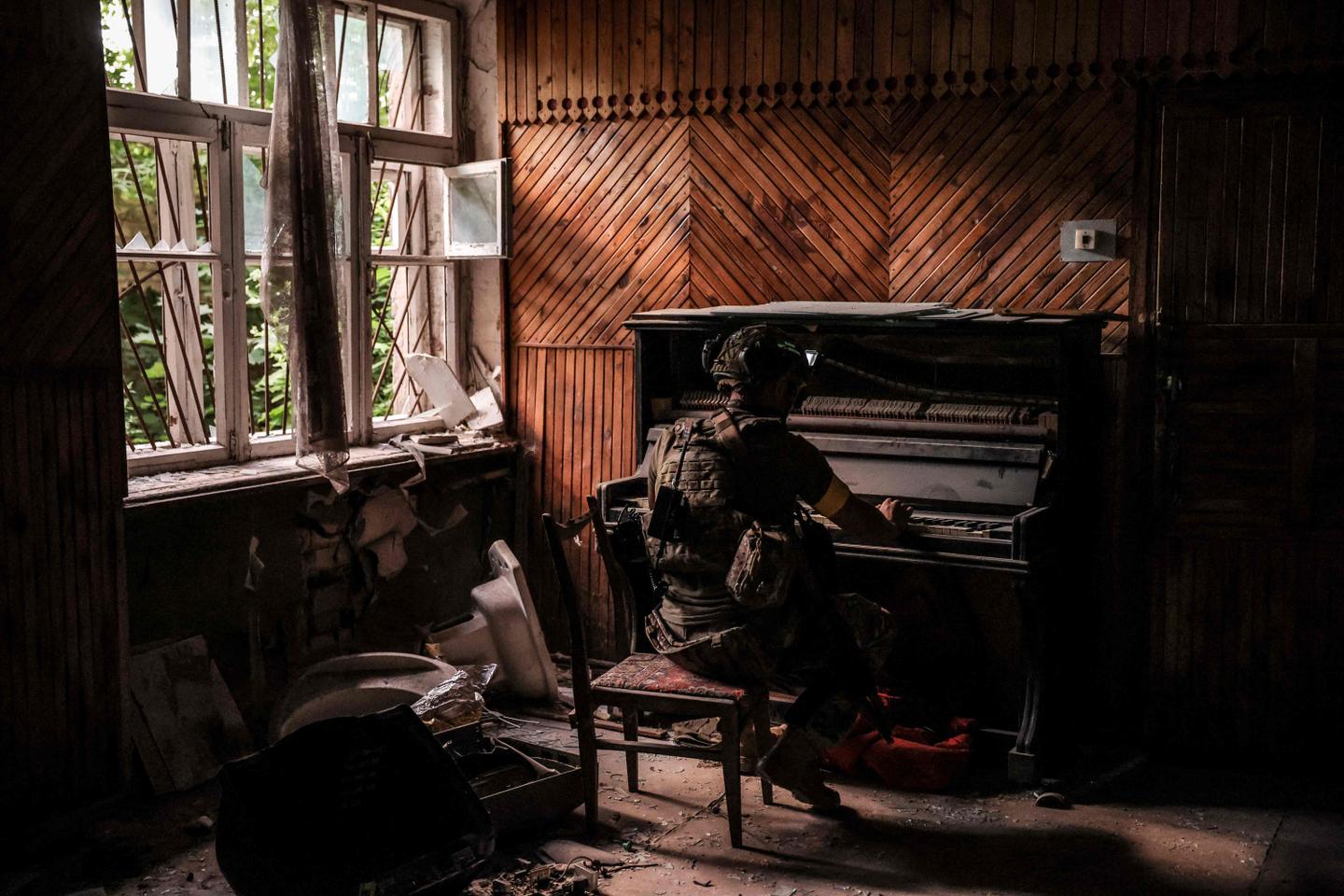


A new noise has joined the air raid sirens in Kyiv, disturbing the deceptively carefree appearance of the Ukrainian capital under the June sun: the rumble of generators. The din is a collateral effect of the war that has been raging in the east of the country for almost two and a half years. Their deafening hum is becoming a familiar sight on the doorsteps of restaurants whose terraces are packed to the rafters. The Russian offensive is not only targeting soldiers in trenches or civilian buildings in urban areas; it is also methodically destroying Ukraine's energy infrastructure, causing chronic power cuts that exhaust the population.
The systematic destruction, considered a war crime under international law, has already wiped out 50% of Ukraine's electricity-generating capacity. Russia has recently begun attacking storage infrastructures. The aim, according to the authorities, is to make cities unliveable. Kharkiv, the country's second-largest city, is regularly shelled. "I don't think the Russians want to take Kharkiv," commented a senior Ukrainian officer. "They're trying to terrorize people and force them to leave the cities."
Vladimir Putin's war is taking hold, as evidenced by the generators and the processions of soldiers in fatigues accompanying the coffin of one of their own to Saint-Michel chapel, a tragically ordinary sight in Kyiv. A war of attrition, a war of wearing down the enemy, a permanent war – it promises to be a long one, since the Russian economy, army and society have been reorganized to serve the effort. In their resistance to the aggressor, the Ukrainians have reached the stage where exhausted by a sprint, they realize they actually have to run a marathon. The time has come to change course, in all areas.
Fatigue
The most sensitive area is mobilization. Relieving the soldiers who have been holding the front line with difficulty since 2022, and building up the reserve force that is sorely lacking, is proving to be a huge challenge for society. In interviews with Ukrainian civil and military leaders organized by the French Institute of International Relations and the local think tank New Europe Center, most of whom spoke on condition of anonymity, we discovered that the idea of welcoming foreign instructors on-site to train recruits was, for them, primarily of political interest. It would be excellent for the morale of the population, as well as sending a message to Russia, admitted one officer.
Fatigue is also perceptible at the level of government. Like Parliament, President Volodymyr Zelensky has now exceeded the five-year term for which he was elected in 2019. No one is really calling for elections, which are impossible to organize in a country at war, and his leadership is unchallenged. But Ukraine is not Russia: Democratic culture has taken root, and the desire for transparency has not disappeared with the war. The closed-circuit way in which the president and his right-hand man, Andriy Yermak, operate has made intellectuals, NGOs and some members of parliament cringe. The misadventure of former infrastructure minister Oleksandr Kubrakov and his deputy, who were forced to step down in May, and then the resignation of Mustafa Nayyem, a historic Maidan figure and head of the reconstruction agency, have caused tensions with Western partners.
You have 39.86% of this article left to read. The rest is for subscribers only.
